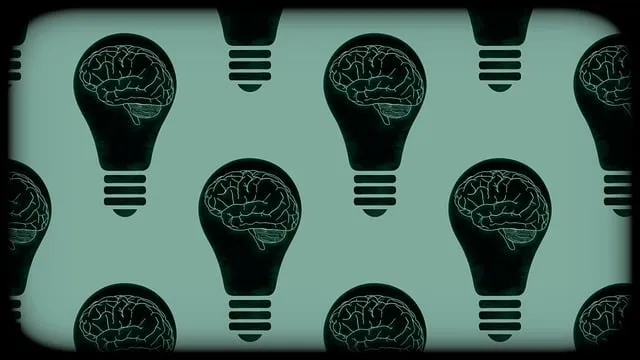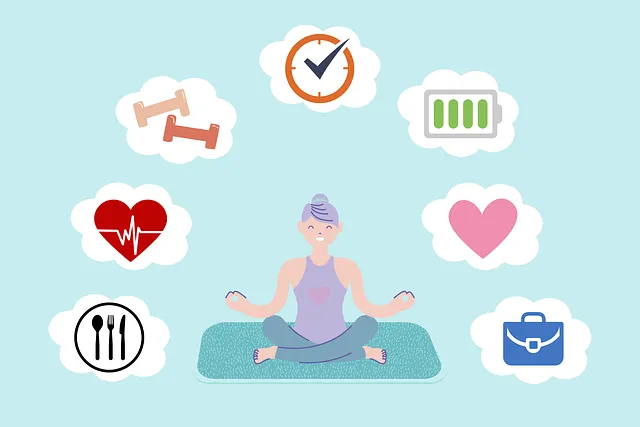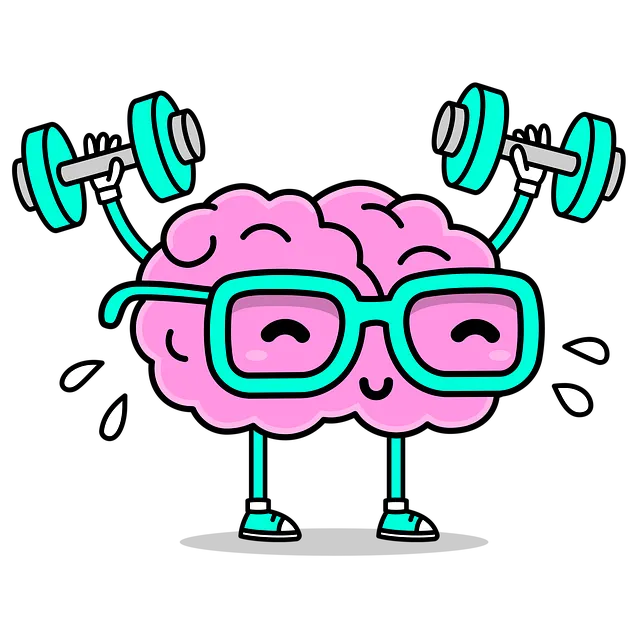Centennial Kaiser Permanente mental health services revolutionize care through accessible, self-assessment tools that empower individuals. These innovative solutions bridge gaps in traditional therapy, enabling early depression prevention and emotional regulation. By combining conflict resolution techniques with cultural sensitivity, these tools foster mental resilience. With a focus on quality assurance, continuous improvement, and user experience, Centennial Kaiser Permanente creates valid, reliable assessments optimized by data analytics, mindfulness exercises, and personalized support, transforming digital mental health care.
In today’s fast-paced world, self-assessment tools play a pivotal role in modern mental healthcare. The need for accessible and effective evaluations has never been more crucial, especially with organizations like Centennial Kaiser Permanente mental health services leading the way. This article explores the development of mental wellness self-assessment tools, from understanding the growing demand to integrating technology for enhanced accessibility. We’ll delve into key components, quality assurance practices, and the innovative use of digital solutions by Centennial Kaiser Permanente as a pioneer in this field.
- Understanding the Need for Self-Assessment Tools in Modern Mental Health Care
- The Role of Centennial Kaiser Permanente Mental Health Services as a Pioneer
- Key Components to Consider in Developing Effective Self-Assessment Tools
- Integrating Technology: Digital Solutions for Accessible Mental Wellness Evaluations
- Quality Assurance and Continuous Improvement for Optimal User Experience
Understanding the Need for Self-Assessment Tools in Modern Mental Health Care

In today’s fast-paced world, where stress and mental health challenges are prevalent, there is a growing need for accessible and effective self-assessment tools to support individual well-being. Organizations like Centennial Kaiser Permanente mental health services recognize this demand and are at the forefront of developing innovative solutions. Traditional methods often fall short in reaching a broad audience, especially those who may be hesitant to seek professional help or face barriers to traditional therapy. Self-assessment tools offer an opportunity to bridge this gap by empowering individuals to take charge of their mental wellness.
By utilizing these tools, people can gain valuable insights into their emotional states, thought patterns, and behaviors, fostering a deeper understanding of themselves. This proactive approach can be instrumental in depression prevention and promoting emotional regulation. Furthermore, conflict resolution techniques often incorporated within these assessments provide users with practical strategies to navigate interpersonal challenges, enhancing overall mental resilience.
The Role of Centennial Kaiser Permanente Mental Health Services as a Pioneer

Centennial Kaiser Permanente Mental Health Services has played a pioneering role in advancing mental wellness through innovative self-assessment tools. As a leading healthcare provider, they have recognized the critical importance of early detection and prevention in mental health care. By developing comprehensive assessment frameworks, they aim to empower individuals to take charge of their mental well-being. These tools are meticulously crafted to cater to diverse populations, considering cultural sensitivities and accessibility.
The organization’s commitment extends beyond service provision; it actively contributes to the field through Mental Health Policy Analysis and Advocacy, ensuring that evidence-based practices guide mental health services. Furthermore, their focus on Risk Management Planning for Mental Health Professionals adds a layer of protection, fostering a safe environment for practitioners while they support patients’ journeys towards improved mental wellness.
Key Components to Consider in Developing Effective Self-Assessment Tools

When developing self-assessment tools for mental wellness, several key components must be considered to ensure effectiveness and user-friendliness. Firstly, Centennial Kaiser Permanente mental health services can draw on expert insights to create valid and reliable assessment questions that accurately gauge individuals’ emotional states and psychological well-being. These questions should span various aspects of mental health, including but not limited to anxiety, stress levels, mood disorders, and coping mechanisms. Incorporating a Mental Health Education Programs Design approach in the tool allows for personalized feedback and educational resources tailored to individual needs, fostering better self-awareness and potential avenues for Anxiety Relief and Stress Management.
Additionally, tools should prioritize user experience by employing intuitive interfaces and clear, simple language that is accessible across diverse demographics. Visual aids, interactive elements, and gamification can enhance engagement while making the assessment process less intimidating. User privacy and data security are paramount; ensuring confidentiality encourages honest responses and builds trust in the tool’s effectiveness.
Integrating Technology: Digital Solutions for Accessible Mental Wellness Evaluations

In today’s digital era, integrating technology has paved the way for accessible and innovative mental wellness self-assessment tools. Organizations like Centennial Kaiser Permanente have recognized the potential of digital solutions to enhance mental health services. By leveraging online platforms and mobile applications, they offer convenient and confidential evaluation options, breaking down barriers traditionally associated with seeking mental health support. This shift towards digital assessment tools not only caters to individuals’ preferences for remote access but also ensures regular updates and data analytics, allowing for more personalized and proactive care.
The development of these digital solutions incorporates Compassion Cultivation Practices and Burnout Prevention Strategies for Healthcare Providers, ensuring that the assessments are not just effective but also supportive. For instance, incorporating mindfulness exercises or stress-reduction techniques within the assessment process can help individuals cope while providing valuable data for mental health professionals. Moreover, well-designed Mental Health Education Programs can be integrated into these platforms, empowering users with knowledge and self-care strategies while offering a comprehensive evaluation experience.
Quality Assurance and Continuous Improvement for Optimal User Experience

At Centennial Kaiser Permanente mental health services, prioritizing Quality Assurance (QA) and Continuous Improvement (CI) is paramount to ensuring optimal user experiences. Rigorous QA processes involve regular testing and validation of self-assessment tools to guarantee accuracy, reliability, and cultural sensitivity. This includes seeking feedback from a diverse range of users to identify potential gaps or areas for enhancement, thereby fostering inclusive mental wellness support.
CI drives ongoing refinement of these tools, aligning them with the evolving landscape of mental health care, including advancements in Emotional Regulation and Inner Strength Development techniques. By integrating insights from research, clinical practice, and user feedback, the self-assessment tools can adapt to emerging trends and best practices, as evidenced by successful Mental Health Policy Analysis and Advocacy initiatives within the organization.
The development of mental wellness self-assessment tools is a significant step towards enhancing modern mental health care, as evidenced by the pioneering efforts of Centennial Kaiser Permanente Mental Health Services. By integrating technology and focusing on key components like user experience and quality assurance, these tools can democratize access to mental health evaluations. As we continue to navigate the landscape of mental wellness, self-assessment tools have the potential to revolutionize how folks interact with and manage their mental health, ensuring a more accessible and effective support system for all.






